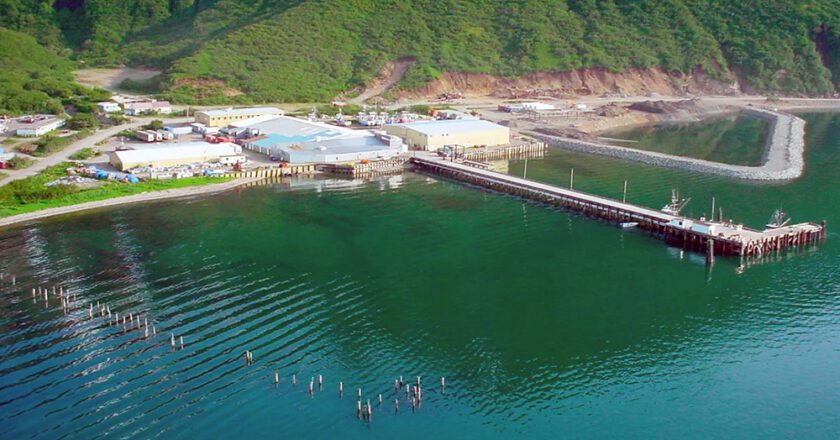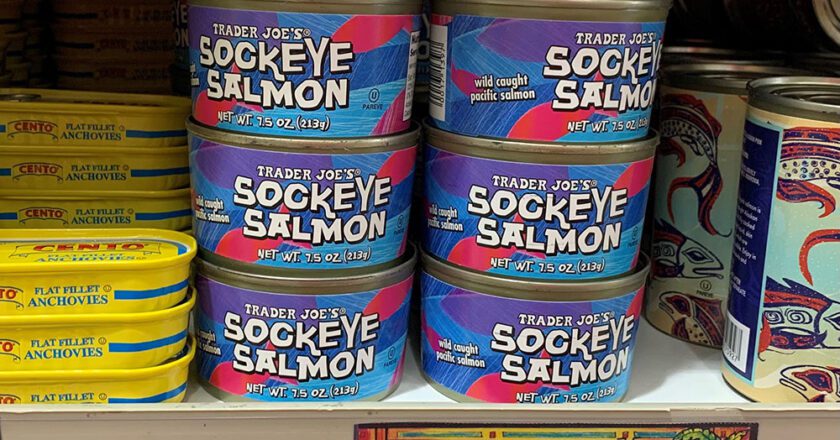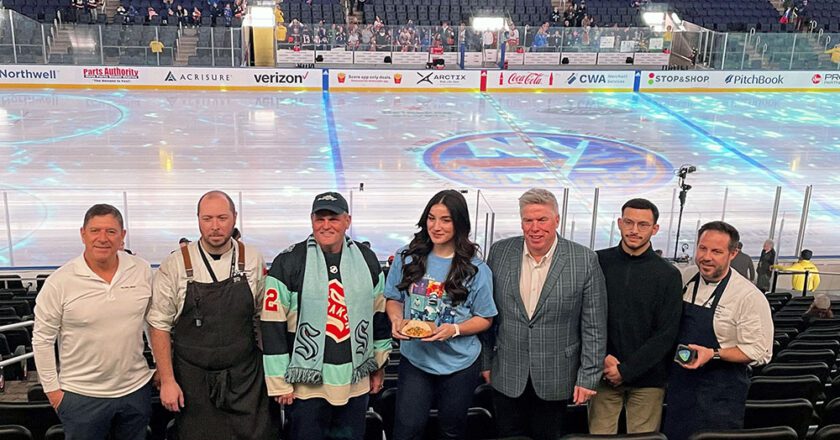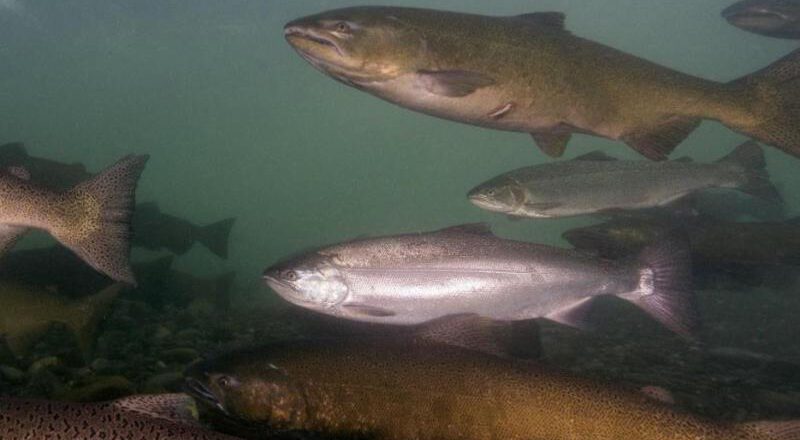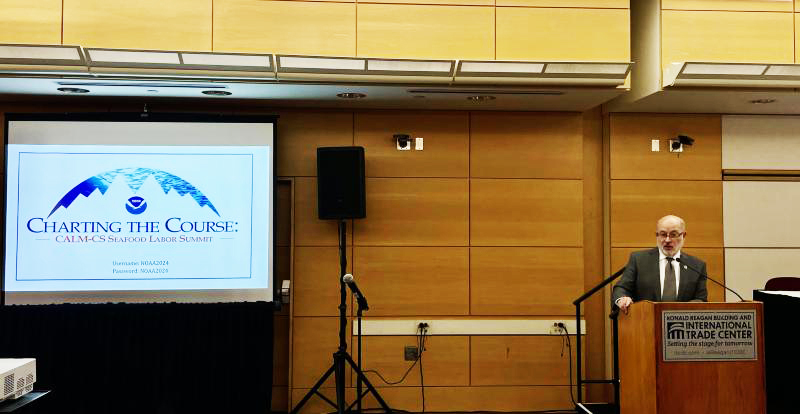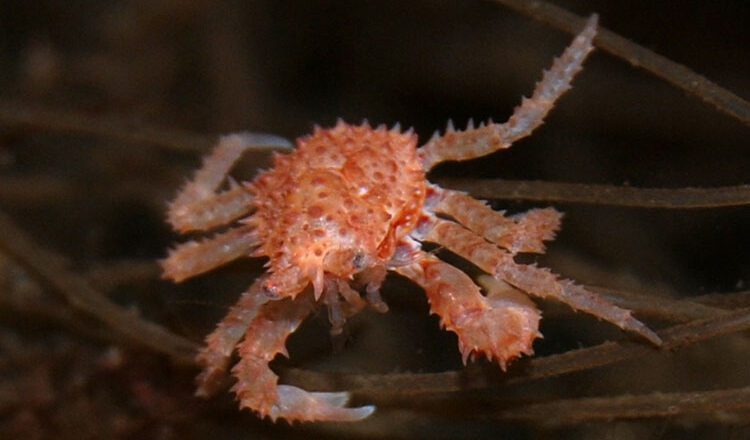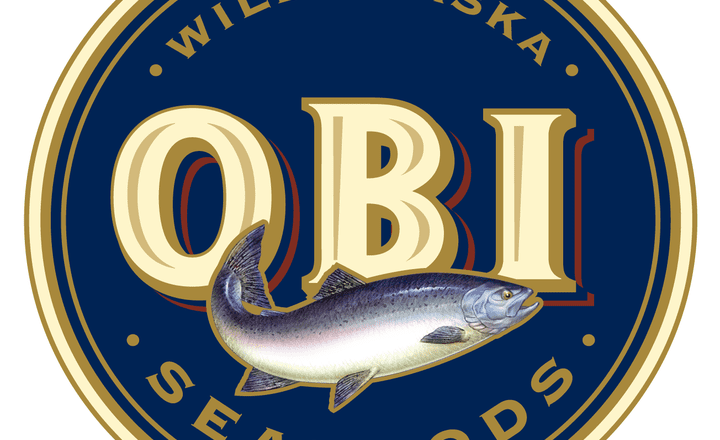Trident Seafoods Nearing Sales of Alaska Shoreside Plants
Trident Seafoods officials said March 8 that they’re in the final stages of closing deals on the sales of Alaska shoreside plants in Petersburg, Ketchikan and False Pass, with multiple parties interested in a fourth plant.
Trident announced in December that it was seeking buyers for all four plants as part of a strategic restructuring initiative. At the same time, the company revealed its plans to reduce the workforce at its Seattle headquarters by 10%.
Trident CEO Joe Bundrant said that his company has been intentional about finding buyers “who will take great care of the fleet and employees and who will integrate themselves into the communities.”
As of mid-March, the potential buyers for the plants have not been publicly identified.
Trident Senior Vice President of Alaska Operation...

